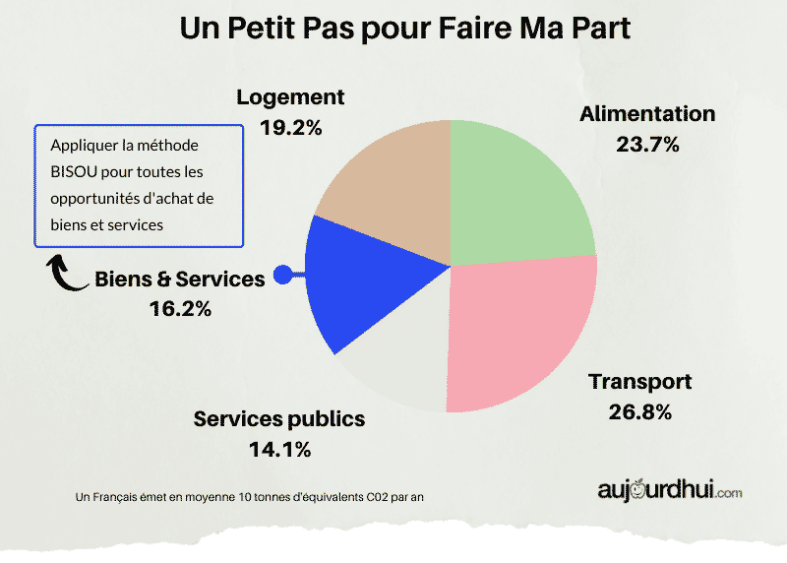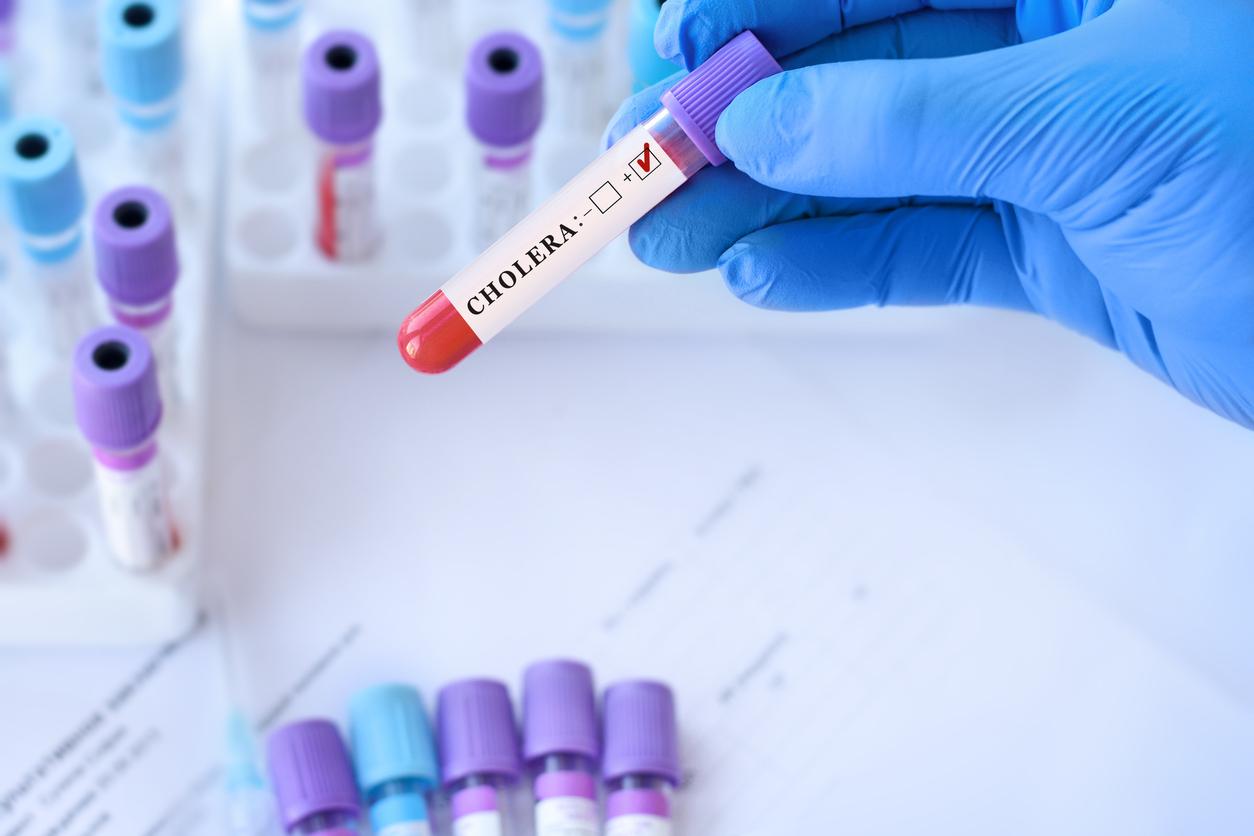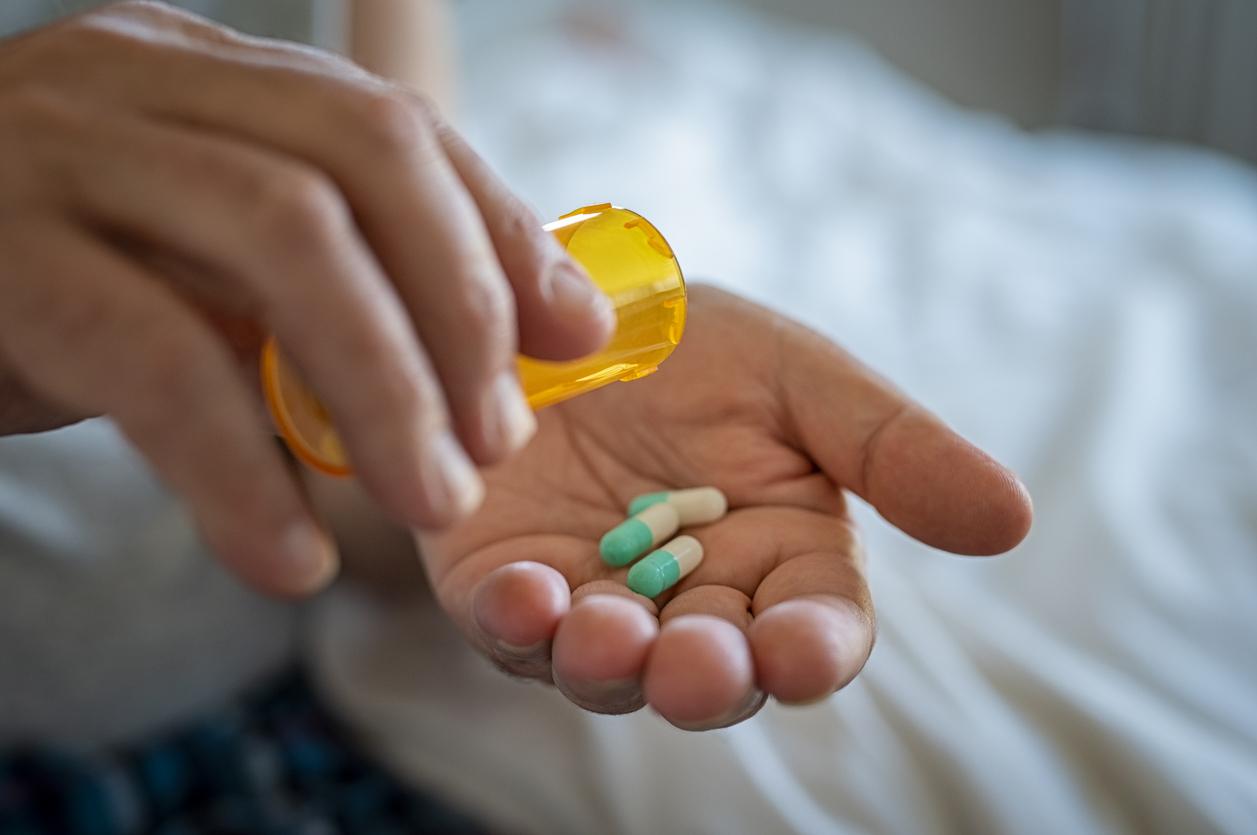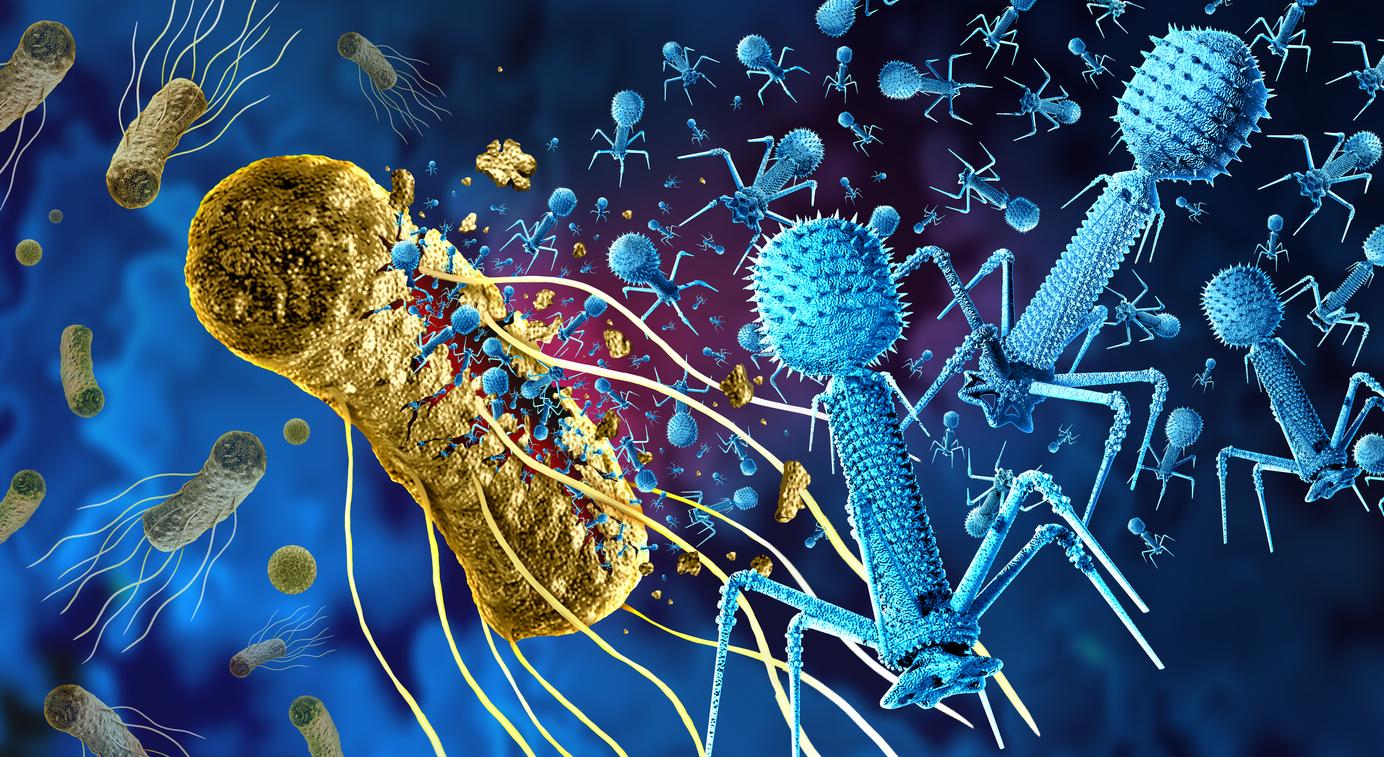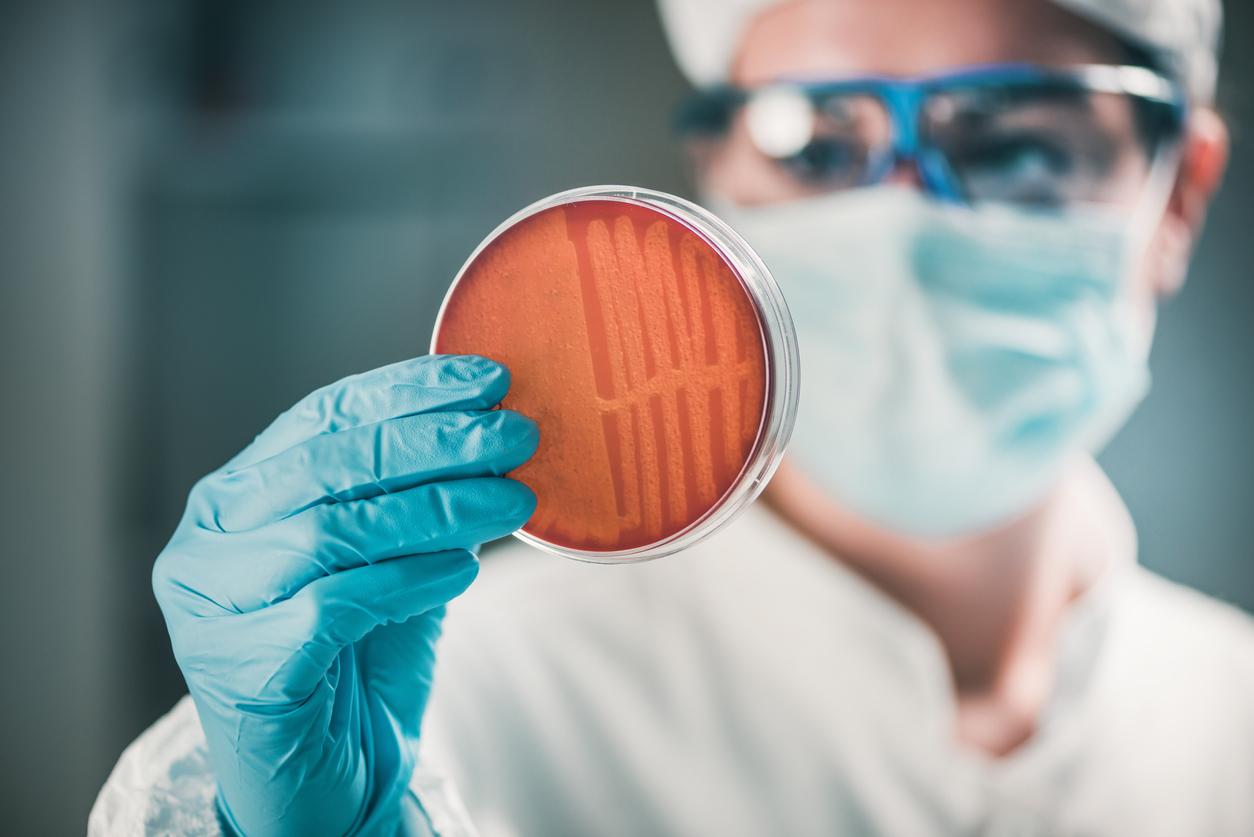In a surveillance report on 114 countries, the World Health Organization draws an alarming observation: mild infections could kill again for lack of effective antibiotics.
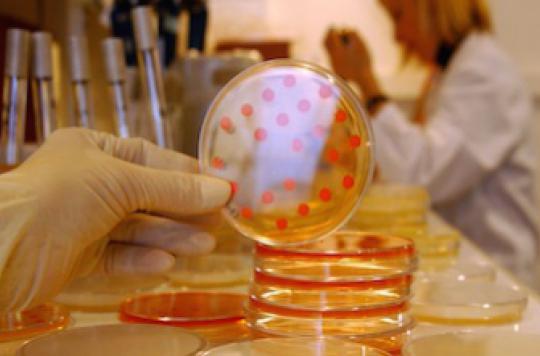
“This serious threat is no longer a forecast, but a reality in every region of the world. Everyone, regardless of their age and country, can be affected ”. The Deputy Director General ofWorld Health Organization (WHO) for health security, Dr Keiji Fukuda did not hide his concern yesterday by presenting the results of antimicrobial resistance surveillance from 114 countries around the world. “Unless the many actors concerned act urgently, […] the world is moving into a post-antibiotic era, where common infections and minor injuries that have been treated for decades could kill again, ”he warned.
70,000 resistant urinary tract infections per year in France
WHO has looked at seven bacteria responsible for serious and common diseases: blood infections (sepsis), diarrhea, pneumonia, urinary tract infections and gonorrhea, a sexually transmitted infection. The finding is clear: these antibiotic-resistant bacteria are present in all regions of the world. Europe is mainly affected by resistant forms of bacteria Klebsiella pneumoniae, responsible for respiratory and intestinal infections. Another growing threat: urinary tract infections caused by bacteria Escherichia coli resistant to antibiotics of the fluoroquinolone family. In some parts of the world, WHO notes that more than half of patients do not respond to treatment. In France, the number of urinary tract infections which are resistant to conventional antibiotics is estimated at 70,000 cases per year.
Patients with resistant bacteria are therefore sick longer and are more likely to succumb to their infection, warns the WHO. This is the case with the Staphylococcus aureus methicillin resistant (MRSA), which causes 60% of staph infections in Europe. The risk of death jumps in the same proportion, which leads to an explosion in health care costs. And infections now considered harmless, such as urinary tract infection, could kill again, for lack of effective treatment against the bacteria. “Antibiotic-resistant bacteria are responsible for 25,000 deaths per year in Europe. This is not an anecdotal threat ”, expressed indignation last April Jean-Paul Stahl, infectious disease specialist at Grenoble University Hospital.
Marisol Touraine bets on the sale of antibiotics by unit
The solutions to prevent antibiotic resistance have been known for a long time, as the threat has been hovering for many years. Preventing infections by improving hygiene and access to drinking water and sanitation is the first step. At the individual level, it all starts with the famous slogan of the Health Insurance “antibiotics are not automatic”. Then, the WHO recommends to strictly respect the prescriptions, and not to share its antibiotics.
In France, the Minister of Health Marisol Touraine reacted to this alarming report from the WHO by recalling on Twitter that the fight against antibiotic resistance was one of her priorities and that antibiotics would be the first drugs concerned by the unit sales experimentation. By giving the patient only the exact number of tablets necessary for his treatment, we thus avoid the temptation to resume self-medication with an antibiotic prescribed for a previous infection, which has the effect of selecting resistant bacteria.
Always have a new antibiotic in advance
The monitoring of resistance must be further improved, according to the WHO, which recommends monitoring systems like those existing in the EU or the USA. Last key step: to stay ahead of resistance, that is to say to continue the development of new antibiotics in order to be able to offer alternatives to patients resistant to certain molecules. This is not at all the case at the moment and the WHO calls for a closer collaboration of governments and pharmaceutical companies.
.





